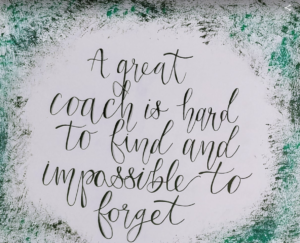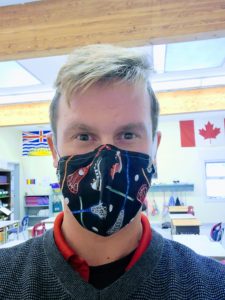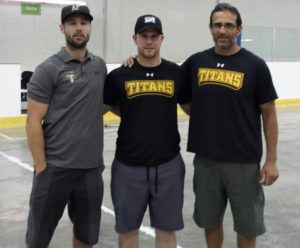
I would like to acknowledge that I am working, living, and playing on the unceded territory of the Lheildli T’enneh.
I am celebrating completing my University of Northern British Columbia Bachelor of Education practicum. Here is a reflection of my goals that were too be more open to learning new and constructive ways to assess learning for students in a holistic approach.
The commonwealth education hub defines holistic assessment as to be the process of using multiple sources to continually gather information on a child’s development, to provide feedback to support and guide students’ learning (2015). Although it was dated in 2015, the material is still relevant in today’s classrooms. I wanted to be very clear about instructions and have some organizational strategies on hand in case a group might need it. It is not about giving everyone the same resources and help, but it is more about giving everyone what they need in order to make meaningful connections to their learning. I would use a variety of assessments over my practicum to make sure I would have the tools to record what’s going on in the groups and something for written observations.
In order to support my learners that best possible way, I would need to let go of my “Stand and Deliver” approach and try and incorporate some critical thinking in the students. We would use the BC PERFORMANCE STANDARDS to create our assessment strategies. We would co create our criteria for what would be expected for achieving the learning goal. We would then compile the information on to a self-assessment sheet that each student will fill out after their presentation.
While lesson planning, I was focusing on providing the students with more time to work on their assignments and less time of teacher talking. This would highlight “The focus of the lesson.” I will need to make it about the learners in my class. let them learn by doing and not always telling the students what to learn. Let the learning be experiential. We would collect all dimensions of evidence of learning in the students’ portfolio. This was a place (a binder) where over the year the students would put a collection of their highlighted achievements. This portfolio would be a spot to confidently collect their achieved learning goals. Portfolios show the cumulative efforts and learning of a particular student over time. They offer valuable data about student improvement and skill mastery. Along with student reflection, that data provides valuable information about how each student learns and what is important to him or her in the learning process.
Learning is an adventurous path that leads to opportunities and new experiences. A celebration of learning reflects on the students’ ability to be supported in producing work through multiple drafts. With feedback from teachers, professionals, and peers, students are motivated to meet standards and engage in effective communication that allows everyone an opportunity to grow and learn their own pace (“Celebrations of learning: Why this practice matters,” n.d.). I shall make it clear to my students why the product matters, and they are held to grand expectations. I would constantly provide feedback to support and guide students. This allows my students to be accountable and enthusiastic about their learning. Celebration of learning comes with many diverse levels and participants. Everyone can celebrate learning, from family, friends, teachers, and administrators and especially from students.
Over my years of learning, I have gathered some of my TOP 10 tips from other educators to help to promote a holistic assessment in my classrooms. These are ways to show how to be accountable and communicate in a supportive way.
- Use samples of work to communicate quality.
- Use success criteria in a checklist to communicate quality.
- Use levels of proficiency to communicate quality (Beginning, Developing, Proficient, Extending).
- Co create a summary rubric to communicate quality and to provide instant feedback.
- Get students to commit to an answer and to learn from their mistakes.
- Get students to be thinking about the material (Who, What, When, Where, Why, How).
- Use statements rather than questions to encourage more thoughtful answers.
- Ask students to reflect on their learning in closing segment.
- Establish a positive atmosphere around questioning and learning.
- Use the evidence to advance the learning – quality feedback is GOAL REFERENCED, ACTIONABLE, TIMELY.
Here are some examples of tools I used for assessments and feedback in my classrooms:
- WONDER WALL questions
- Think, Pair and Share
- Quick group discussions (2-3 minutes max)
- Dry Erase Boards to elicit evidence of learning
- RED, GREEN, YELLOW – EXIT SLIPS
- TWO STARS and a WISH
- 1 THING I LIKE, 2 THINGS TO BUILD ON and 3 THINGS TO THINK ABOUT MORE
References
Celebrations of learning: Why this practice matters. (n.d.). EL Education. https://eleducation.org/resources/celebrations-of-learning-why-this-practice-matters
Primary education review and implementation holistic assessment project in Singapore. (2015, June 18). The Commonwealth Education Hub. https://www.thecommonwealth-educationhub.net/goodpractice/holistic-assessment-to-support-student-learning-and-development-in-all-singapore-primary-schools/


 What it is like having your teaching practicum during a pandemic?
What it is like having your teaching practicum during a pandemic? 
